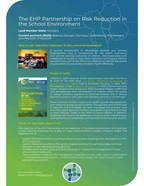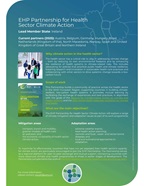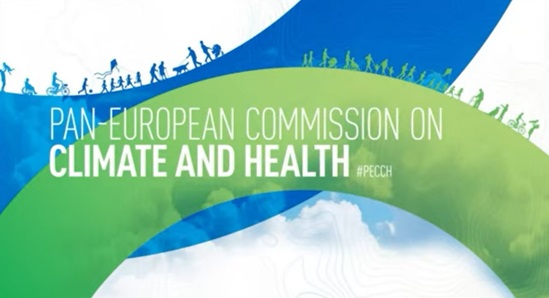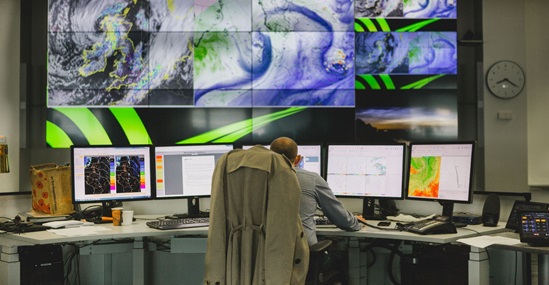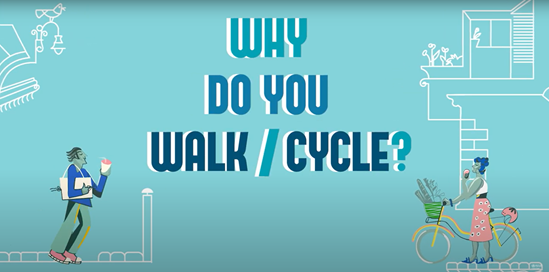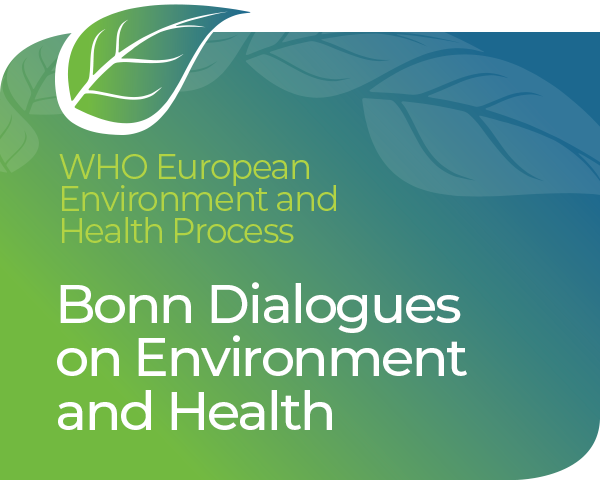
Strengthening drinking-water, wastewater and water-related disease surveillance
Overview
Surveillance is the ongoing systematic collection, analysis and interpretation of health-related data for planning, implementing and evaluating public health policies and practices. In accordance with the International Health Regulations (IHR), all WHO Member States are required to strengthen and maintain core public health capacities for surveillance and response.
WHO/Europe supports Member States in strengthening their capacity to:
• implement risk-based approaches in surveillance of drinking-water;
• monitor water-related disease incidents and manage outbreaks effectively;
• conduct environmental surveillance of disease agents in wastewater.
WHO/Europe produces technical guidance, tools and training materials on these topics and conducts country-specific sub-regional capacity building. The Protocol on Water and Health, a legally binding instrument for the WHO European Region supported by WHO/Europe and UNECE, provides a key implementation mechanism for these activities. They also strategically align with and support the implementation of IHR requirements, as well as the goals and targets of the 2030 Agenda for Sustainable Development related to water, sanitation and health.
Drinking-water surveillance
Drinking-water surveillance is a core public health function and an integral component of the framework for safe drinking-water recommended by the WHO Guidelines for drinking-water quality. It is fundamental for the delivery of safe drinking-water and protection of public health by promoting the improvement of quality, quantity, accessibility, reliability, affordability and continuity of drinking-water supplies. Risk-based drinking-water surveillance is considered best practice as it supports the development of appropriate and efficient monitoring programmes for individual supplies. It also aids prediction and identification of long-term changes and associated risks for drinking-water supply.
Surveillance and outbreak management of water-related diseases
The Protocol on Water and Health requires its parties to establish, improve or maintain comprehensive surveillance and early warning systems for water-related diseases and prepare comprehensive contingency plans for responses to outbreaks. Building blocks in strengthening such systems include a sound legal and regulatory framework that defines clear responsibilities and procedures for surveillance and outbreak management, adequate resources and infrastructure, and ongoing professional development programmes at all levels.
Environmental surveillance of disease agents in wastewater
Environmental surveillance of pathogens and contaminants in wastewater has proven effective in providing important information on the risks to health at the population level. Wastewater surveillance is not a standalone surveillance approach, but can be employed as a complementary and integral part of public health surveillance. Given its multiple benefits and successful applications in different contexts (e.g. poliovirus, COVID-19 virus, antimicrobial resistance), the development of such monitoring programmes can be of added value in detecting and tracking disease in communities and thus providing important information that facilitates public health decision-making and measures.





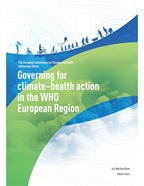
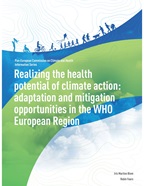
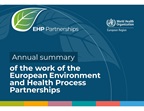
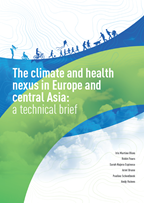
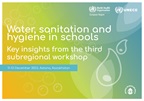
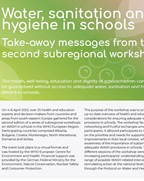
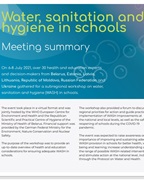
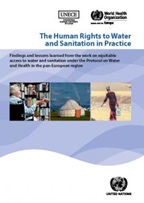
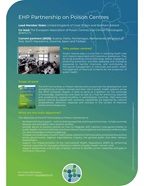
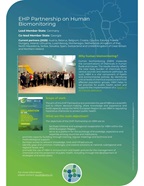
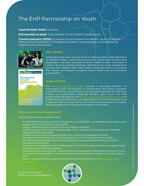
-ehp-partnership-on-healthy-active-mobility---leaflet-thumbnail.tmb-144v.jpg?sfvrsn=73a76b82_1)
